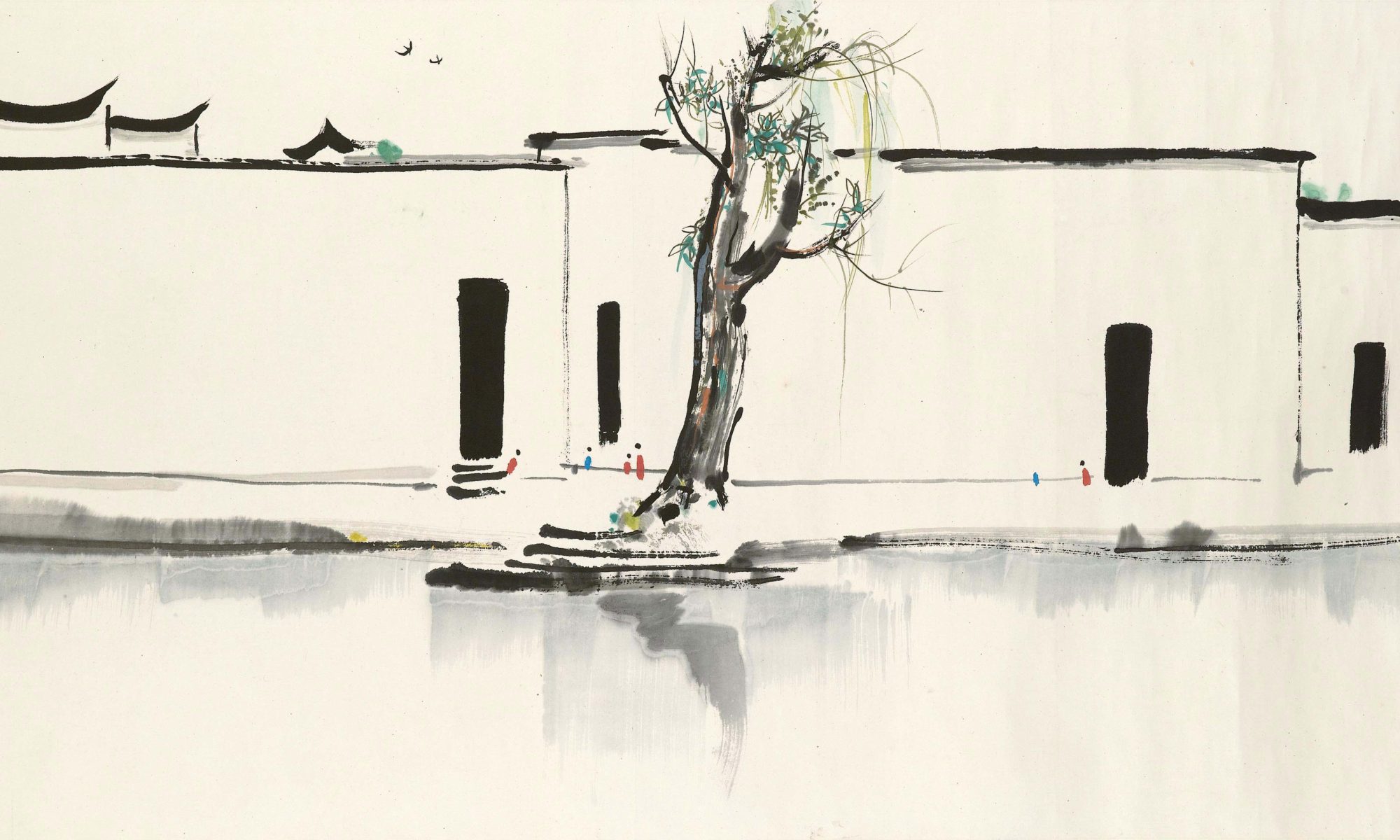
The trilogy of modern dystopia is commonly known to comprise of 1984 by George Orwell (1949), Brave New World by Aldous Huxley (1932), and We by Yevgeny Zamyatin (1921). I have read the first two books a long time ago and would like to complete this dystopian sequel by reading the last one, We. To provide some background, I would like to mention that the book was finished during the Russian Revolution of 1917 which lasted from 1917 to 1923.
Interestingly, Zamyatin was a Bolshevik which the group ultimately became the Communist Party of the Soviet Union. He was arrested during the 1905 Russian Revolution and sent into exile in Siberia. Eventually, he escaped and got a pardon by Lenin to leave the country. We is a story about a society in which happiness is valued over freedom. The citizens of One State are constantly under the state’s surveillance with the infamous guardian angels, and all buildings are made of glass. They live under strict rules and regulations with a rigid timetable. In short, it is an image of one would imagine of the life in the former Soviet Union. Zamyatin obviously dislikes this kind of controlling and totalitarian society. This creates the question of then why Zamyatin joined the Bolshevik that responsible for Russia turning into a despotic State? Those of us living under the cultural hegemony of the United States equate the Bolshevik with Communism, Socialism and totalitarian. They are all the same to us, and this is due to the massive propaganda of the United States during the Cold War. However, socialism is in no way a pure totalitarian concept in which it has many different branches of thinking, and one of them is Liberal Socialism. It practices, ironically opposite to the Cold War propaganda discourse, a pure and absolute kind of democracy. Bolshevik initially fought against the corrupted Tsar of the Russian Empire for the rights of workers and lower class. However, as Bolshevik slowly gained power, they moved toward State Socialism which is what we see in the former Soviet Union. This explains why Yamyatin was a Bolshevik and wrote against the totalitarian rule at the same time. And the book was not published in Russia until 1988, 67 years after it was first published in New York and 3 years before the collapse of the former Soviet Union. Another point of interest in the story is the idea of happiness versus freedom. The inhabitants in One State are under strict surveillance by “guardian angels.” This quote from the book worth exploring:
“I feel behind me, someone is carefully bending over my shoulder and staring at the open page in front of me. Without turning around, in a little corner of my eye, I see pink, outstretched wing- ears, a twice-bent…it’s him! How he came to be here I don’t know…This incident…strengthened me. How pleasant it was to feel someone’s vigilant eye lovingly protecting you from the slightest mistake, from the slightest misstep. The guardian angel has materialized in our lives.”
I ponder on the question of whether I prefer happiness or freedom. Isn’t it true that the reason we seek freedom because it makes us happy? If happiness is already sought, who needs freedom?

